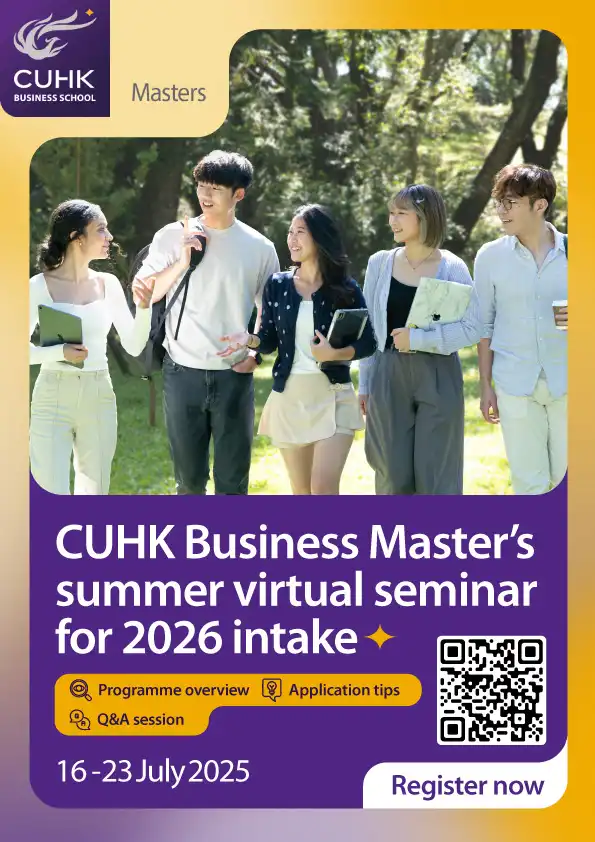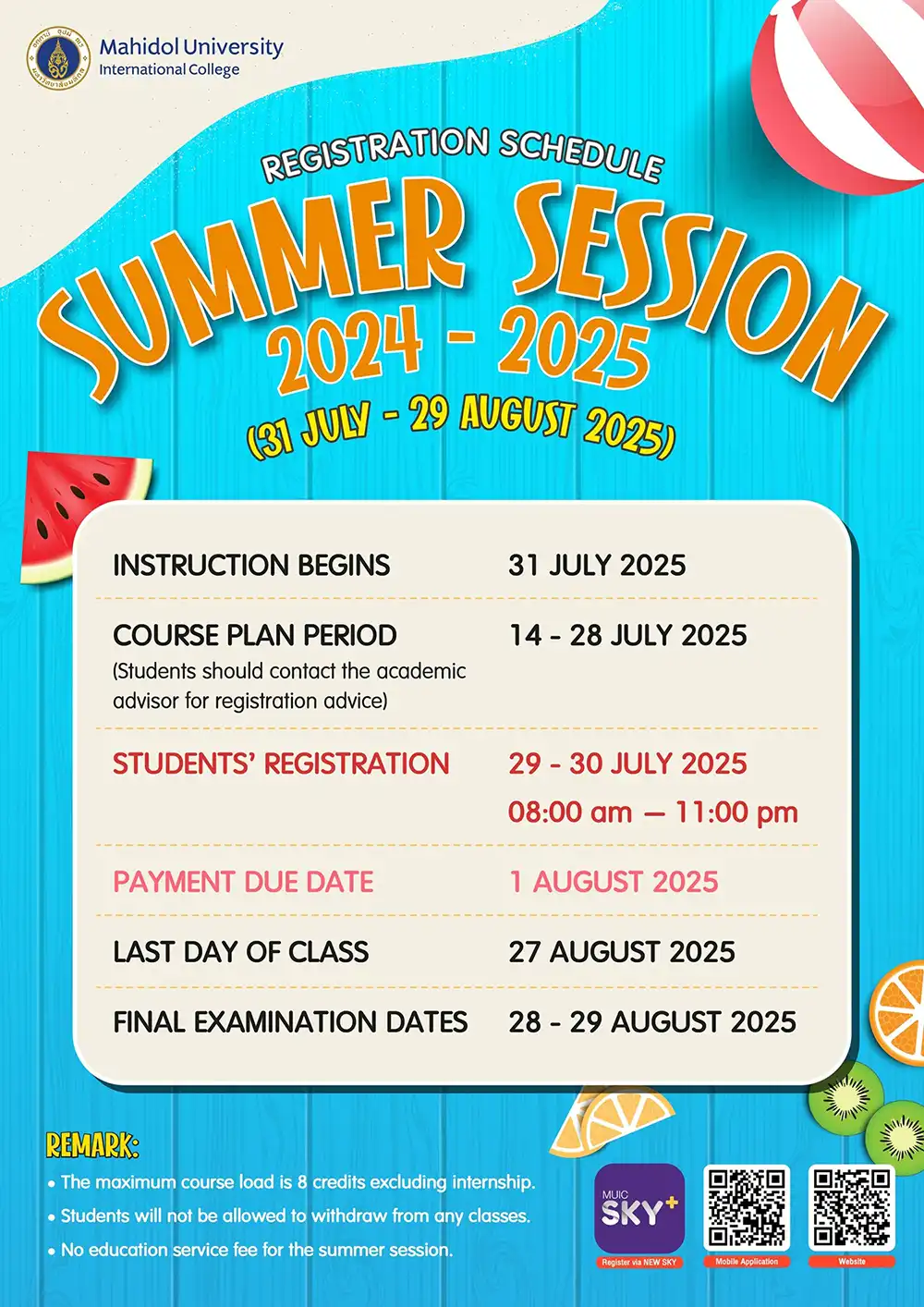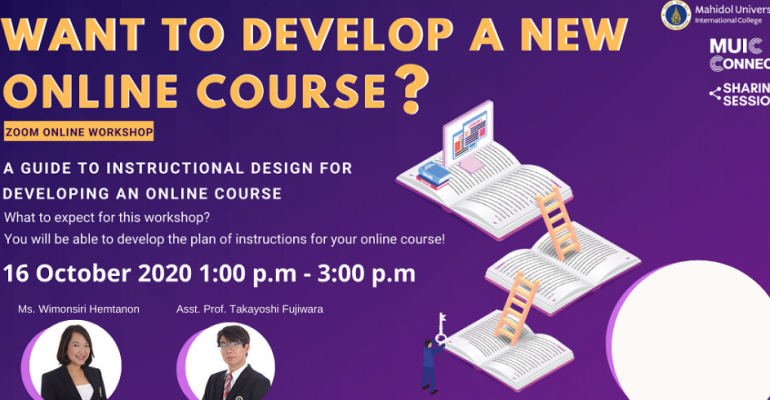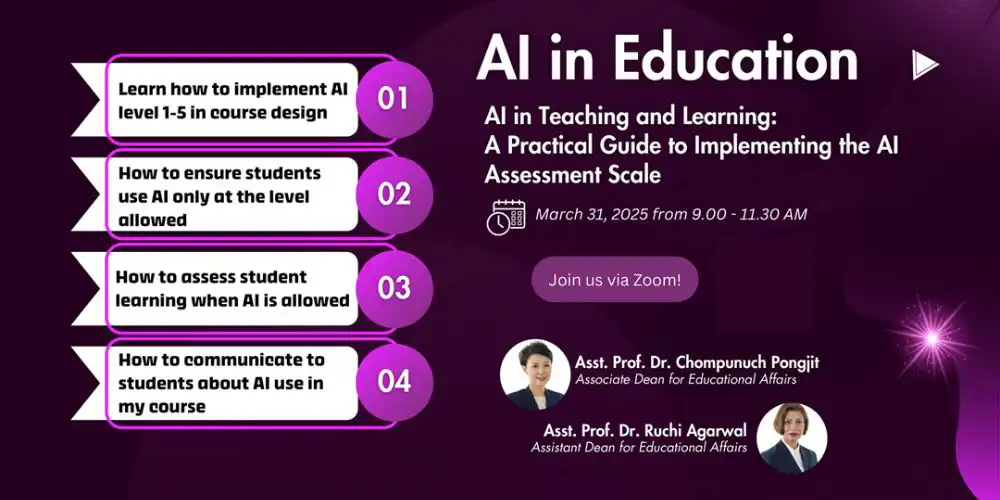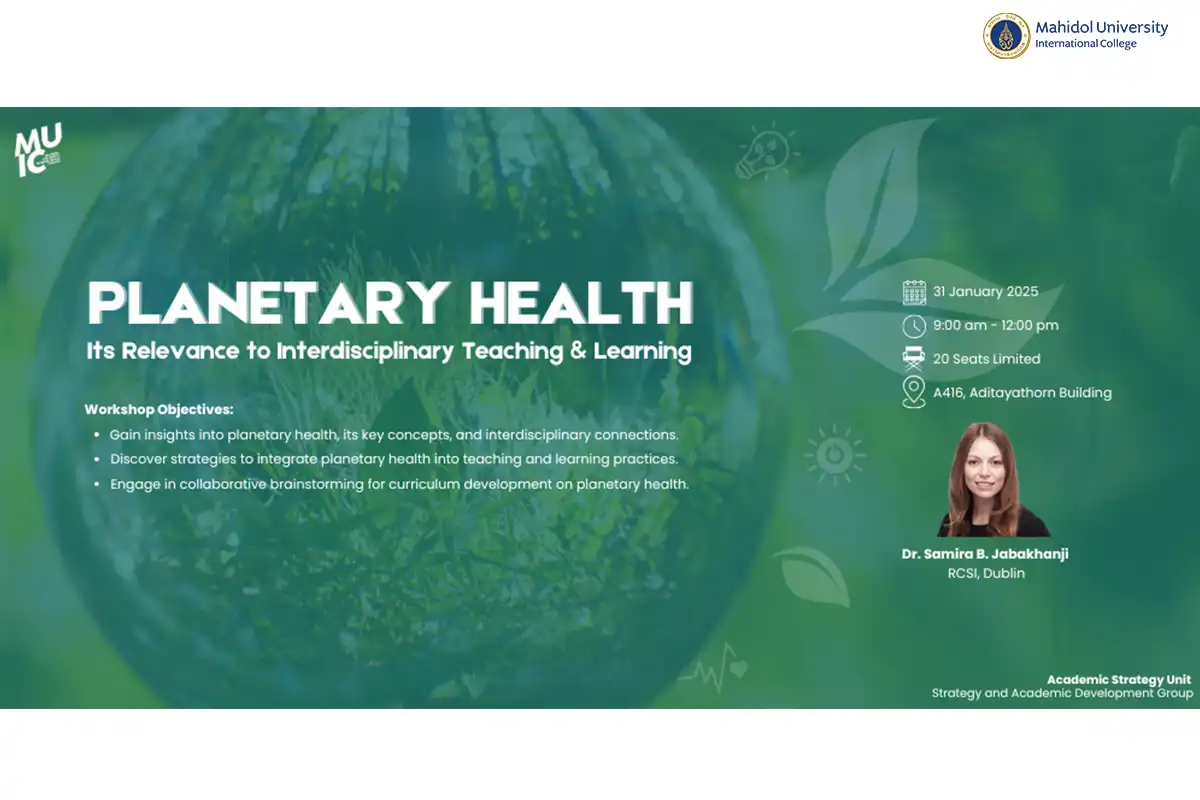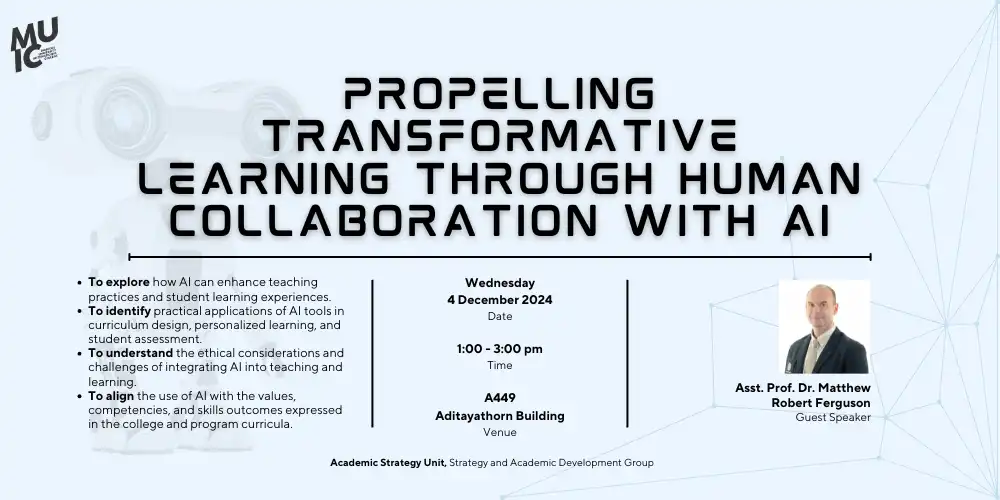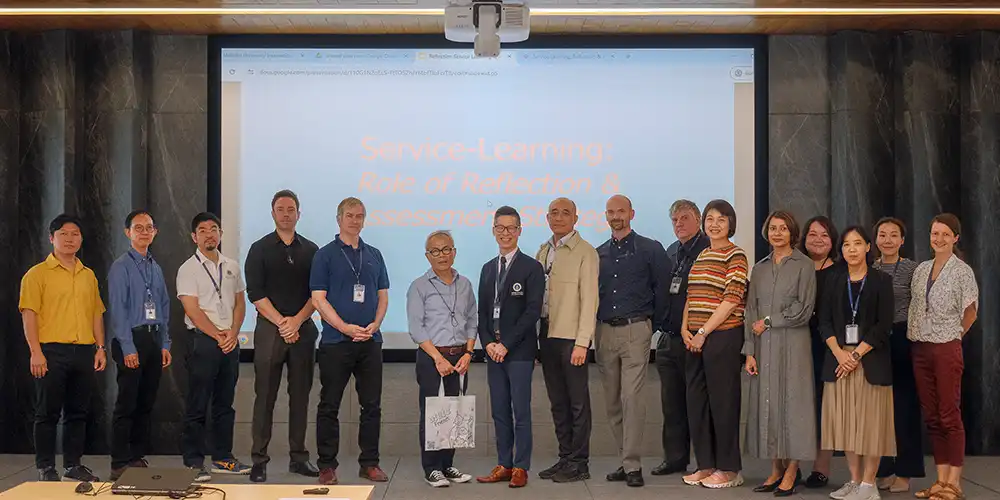Workshop 3: Want To Develop A New Online Course?
October 16, 2020 2022-03-22 13:36Workshop 3: Want To Develop A New Online Course?
Title: Want to Develop a new online course?
Date & Time: Friday, 16 Oct 2020 from 1:00 – 3:00 p.m.
Conductors: Ms. Wimonsiri Hemtanon, and Asst. Prof. Takayoshi Fujiwara
The Strategy and Academic Development Section under the OAA and the Educational Technology Section organized its 3rd workshop for the academic year of 2020-2021 entitled “Want to develop a new online course?”. The session aimed to explore the process of instructional design for developing new online course.
Ms. Wimonsiri Hemtanon
In this session, Ms. Hemtanon shared her experience teaching and developing her online course. She explained that there are mainly 3 requirements for course development:
- The course must be in English and in the areas of Health Sciences, Science and Technology, Social Science or Humanities.
- It must be an existing course that has been opened for enrolment for at least the past 3 years.
- There must be at least 12 learning online hours.
Once the instructor has decided on which course they would like to develop for online offering, the next process involves filling in the proposal form. Apart from general information, proposal form also consists of several topics such as learning outcomes, resources reference, guideline for developing online tutorials, leaning materials, and course assessment. This information is basically the data derived from TQF3 or course specification document. It was suggested that writing TQF3 precisely could help lecturer answering the proposal form that reflects the nature of the course. This will eventually lead to a better management of the course for the lecturer and also help guiding students to understand what the expectations are from the course. Moreover, transitioning course to online would be easier for the production team when each element was broken down in details.
Besides sharing course development, the audience got to know MUIC Connect, an online platform where MUIC online courses are offered. The active courses right now include Introduction to Thai language and Culture, Tourism and Hospitality Management 4.0, Elementary Japanese I, Contemporary Spirituality and Marketing, Why do we pay more than others, Food Safety and Food Hygiene for Food Service Professionalism, Science for Life, and Non-verbal communication skills in public speaking. These new-developed courses can help to create an awareness of MUIC and the expertise the MUIC lecturers possess.
Ms. Hemtanon also spoke about the challenges she encountered such as IPA table technical issue where special characters turned into block instead of specific character and how some of course elements were not quite practical compare to MUIC connect.
Asst. Prof. Takayoshi Fujiwara
As a newcomer in online teaching,Mr. Fujiwara started developing online course by deciding materials that would be covered by the course, then divided the materials into small pieces to create each segment that will represent each learning objective that he wants to deliver. Next, the script for each segment would be created. The lecturer needs to ensure that all of the elements that will influence the course were identified and the narrative follow the course goals. Writing an engaging and refined script allows lecturer to execute and organize lessons orderly and seamlessly. When video shooting takes place, lecturer needs to memorize, rehearse and act along these scripts including creating images, texts, etc., for inserting in the video as well. According to Mr. Fujiwara, the video shooting can be very time-consuming especially when you aren’t familiar with all the production process. Consulting and closely working with the EdTech team allowed him to stay focus on how to develop and deliver the content without worrying about post production editing.


